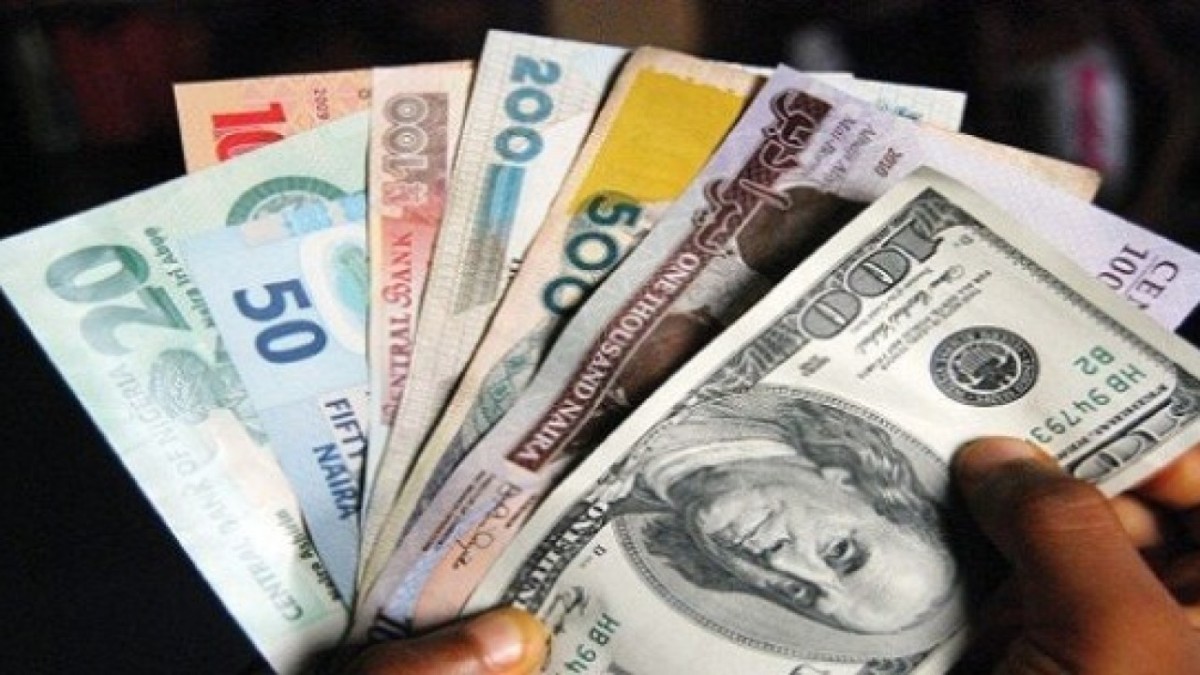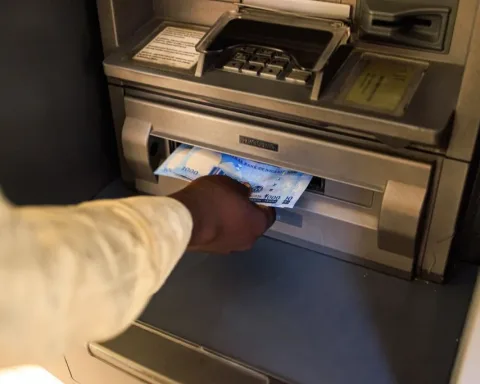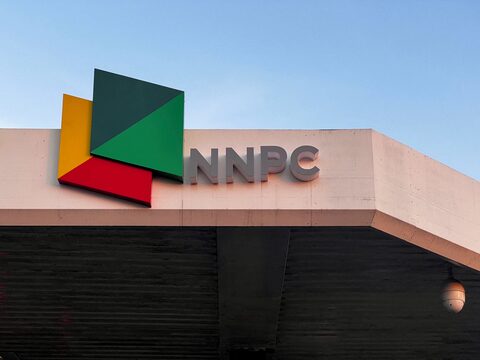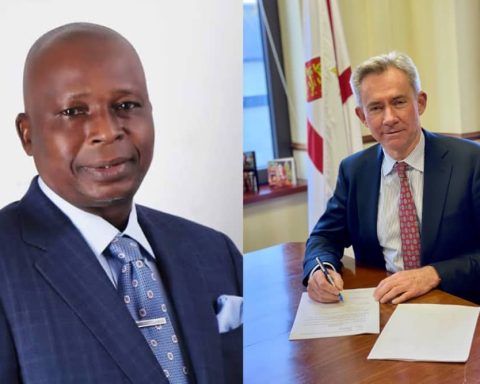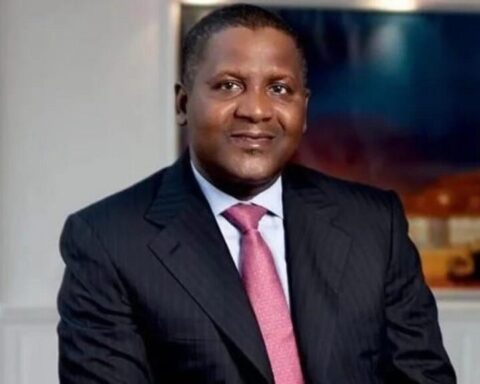The monetary policy committee (MPC) of the Central Bank of Nigeria (CBN) has retained the monetary policy rate (MPR), the benchmark for interest rate, at N27 percent.
Key Decisions:
At the end of the 303rd MPC meeting held on November 24th & 25th, the committee voted to:
- Retain the MPR at 27%
- Adjust the asymmetric corridor at +50/-450 around the MPR.
- Retain the CRR of Deposit Money banks at 45%.
- Retain the CRR of Merchant Banks at 16%
- Retain the CRR of Non-TSA Public Sector Deposits at 75%
- Hold the liquidity ratio constant at 30.00%
Yemi Cardoso, the governor of CBN, announced the decision of the MPC on Tuesday, November 25.
Join our WhatsApp ChannelSpeaking at a press briefing for the committee’s 303rd meeting in Abuja, Cardoso said the MPC also voted to adjust the asymmetric corridor to +50 and -450 basis points around the monetary policy rate.
Also, the MPC retained the cash reserve ratio (CRR) at 45 percent for deposit money banks (DMBs), merchant banks at 16 percent, 75 percent for non-treasury single account (TSA) public sector deposits, and a 30 percent liquidity ratio.
MPC’s decision to hold the interest rate is the fourth in 2025, as similar decision was announced in February, May, and July.
Prime Business Africa notes that the decision to retain the MPR followed the decline in Nigeria’s inflation rate, which dropped to 16.05 percent in October.
Cardoso said the MPC’s decision was driven by the need to sustain the progress made so far towards achieving low and stable inflation.
According to the CBN governor, the pace of disinflation was also supported by the relative stability in the price of premium motor spirit (PMS), also known as petrol, and improved food supply.
“The MPC reaffirmed its commitment to a data driven assessment of developments and outlook to guide future policy decisions,” he said.
“The committee welcomed the continued deceleration in headline inflation, year-on-year in October 2025 for the seventh consecutive month.
“This favorable development resulted from several factors, including sustained monetary policy tightening, stable exchange rate, capital flows, and surplus current count balance.”
During the meeting, Cardoso also disclosed that 16 banks have met the recapitalisation requirement set by the CBN.
CBN Holds Fire…Missed Opportunity?
Meanwhile, Mr Lukman Otunuga, the Market Analyst at FXTM, who had earlier predicted that the MPC might slash rates by at least 100 basis points, believes that the apex bank missed a very crucial opportunity.
Describing the move as “unexpected”, Otunuga told Prime Business Africa that “Nigeria’s central bank held interest rates at 27% despite persistent signs of cooling price pressures.”
He stressed that analysts were expecting rates to be slashed by at least 50bp as inflation moved closer to the government’s year-end target of 15%.
“Such a rate cut could have provided a critical boost to the economy, providing support to businesses while sparking investments,” Otunuga said.
He, however, noted that the committee decided to adopt a cautious stance on lower rates, focusing on data dependency for future moves.
“Nevertheless, further signs of cooling price pressures may prompt the CBN to pull the trigger on the rate cut in 2026,” the market analyst concludes.
In the same vein, Dr Jonathan Ogbuabor, an Economist at the University of Nigeria, Nsukka, also picked holes in the numbers.
According to him, sustaining the
MPR at 27%, when inflation rate is said to have moderated at around 16%, defies sound economics and reflective monetary management.
He also pointed out that credit reserve ratio at 45% for deposit money banks effectively suggests that the CBN does not intend to grow credits to the private sector.
According to Dr Ogbuabor, “the combined effect of the MPR and CRR is that borrowing will remain too expensive for economic agents.”
Recall that, in March 2024, CBN directed banks to increase their capital base between April 1, 2024, to March 31, 2026.
The apex bank said commercial banks with international authorisation are now required to have N500 billion capital base, national banks N200 billion, and commercial banks with regional authorisation N50 billion.
Also, merchant banks with national authorisation are expected to have a minimum capital base of N50 billion, non-interest banks — with national and regional authorisations — N20 billion and N10 billion, respectively.




